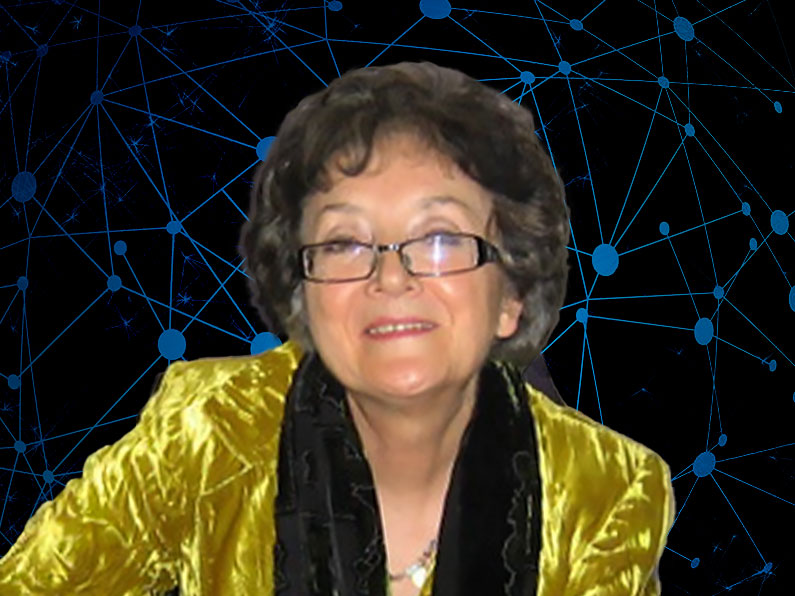A talk by Angela Patmore
Angela Patmore is a former international Fulbright Scholar with a first class honours degree in English and an MA from the College of William and Mary in Virginia. As a UEA environmental sciences research fellow she analysed the clinical literature on ‘stress’ and later served on Sir John Stevens’ Metropolitan Police Stress Experts’ Advisory Group. Her exposé of the stress concept and its industry, The Truth About Stress, was shortlisted for the 2007 MIND Book of the Year Award.
She is the author of books on a wide range of subjects covering both the arts and sciences. Her topic for this month’s talk was the brain and how it works to produce works of “genius” and enlightenment. Angela believes that the term “genius” is over-used.
Angela started her talk by giving an overview into theories of how the brain works, calling on her extensive knowledge of philosophers, mathematicians, musicians and scientists.
She questioned what is meant by “genius”? Is it hereditary? Many have searched for a “smart gene” but this theory was debunked by the Human Genome Project. Does genius come from suffering or madness, moments of crisis?
The brain works by making connections. Donald Hemp in 1949 produced his theory of synapses linking in the brain and this theory has stood the test of time thus far. However, no one really knows how the brain works.
Angela circulated a paper to the audience outlining emotional metaphors for the language of the brain, eg a heated argument; hot under the collar; having a breakdown; falling apart; at full stretch; frayed nerves. These fuse into feelings of coherence, harmony and control – “I pulled myself together”. These are all metaphors for the brain being under pressure. Angela theorised that all of the above are to do with blood pressure – the fight or flight syndrome when the body is put under pressure to fight or run away – the blood goes from the extremities and stomach to the brain and the muscles.
Angela gave examples of the greatest creativity when a person is put under extreme pressure to perform or create a work, whether it be sport, music or writing eg Darwin, Archimedes, Crick & Watson, Rossini. Many people cannot produce work unless it is to a deadline.
When the body is put under pressure, the brain produces an epiphany of excitement – this can be involuntary, such as undergoing life crises, or voluntary, such as extreme sports, childhood dares, music producing a wall of sound, horror movies, sex. All conform to a pattern of increasing tension, to a climax and then a moment of release.
The brain is a complex system which reacts to tension and stress in order to crystallise order and unity. Angela believes that “genius” is a process which we can all go through to reach our potential and be our most creative.

